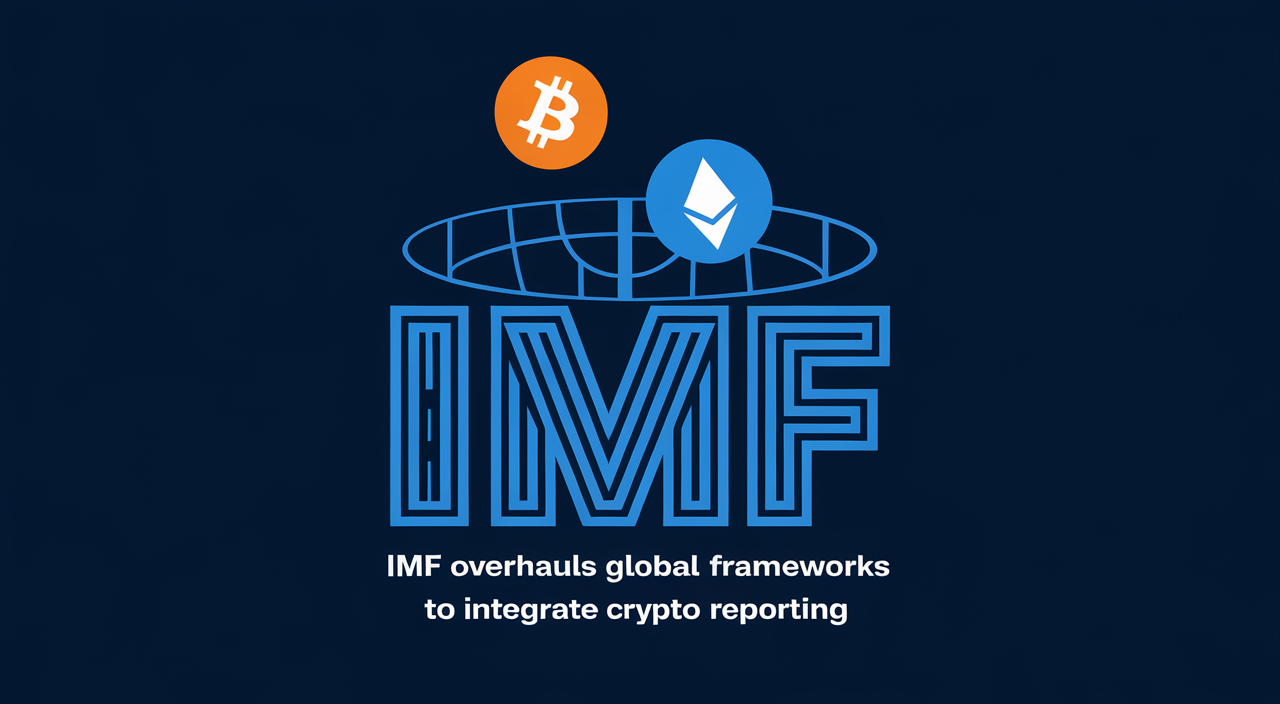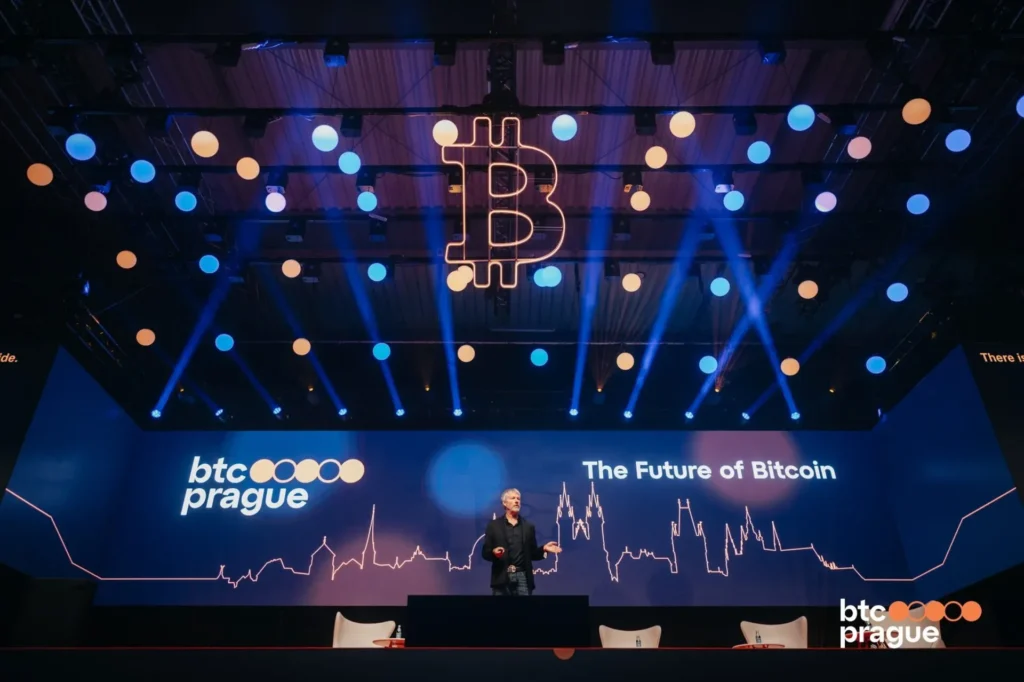The International Monetary Fund (IMF) has overhauled its global economic reporting standards to formally incorporate cryptocurrency transactions, marking a pivotal shift in international financial frameworks. Released on March 20 as part of the updated Balance of Payments Manual (BPM7), the revised guidelines classify Bitcoin and similar cryptocurrencies as non-produced nonfinancial assets, requiring nations to track cross-border crypto flows in capital accounts as acquisitions or disposals of such assets.
Under the new framework, the IMF distinguishes crypto assets based on their financial structure. Bitcoin and other decentralized tokens without counterparty liabilities are categorized as capital account entries, while stablecoins like USDC or USDT—which are backed by reserves—fall under financial instruments. Platform-specific tokens such as Ethereum (ETH) or Solana (SOL) now qualify as equity-like holdings when owned internationally. For example, a UK investor holding Solana tokens issued in the US would see these recorded similarly to traditional foreign equity investments.
The guidelines also introduce updated tax and regulatory reporting protocols. Staking rewards and yields from decentralized finance (DeFi) activities may be classified as equity dividends or service income, depending on transaction intent. Crypto mining activities will now appear under national accounts as exportable computer services when involving cross-border mining pools. The IMF emphasized that these changes aim to standardize economic data collection amid rising crypto adoption, particularly in emerging markets.
The revisions align with a broader IMF-FSB roadmap to fully integrate crypto oversight into global financial systems by 2029–2030. Analysts suggest the move will pressure governments to accelerate regulatory frameworks for digital assets, particularly concerning anti-money laundering and capital flow monitoring. While the standards are non-binding, they provide a foundation for countries to harmonize policies and address risks like fiscal evasion or monetary instability.
Sources:
IMF updates global standards to include crypto in balance of payments
https://www.ainvest.com/news/imf-updates-framework-include-bitcoin-ethereum-2503/
https://www.onesafe.io/blog/imf-bitcoin-classification-impact-on-global-finance
https://www.ainvest.com/news/imf-recognizes-cryptocurrencies-global-economic-data-2503/
FSB publishes IMF-FSB synthesis paper: Policies for crypto-assets



